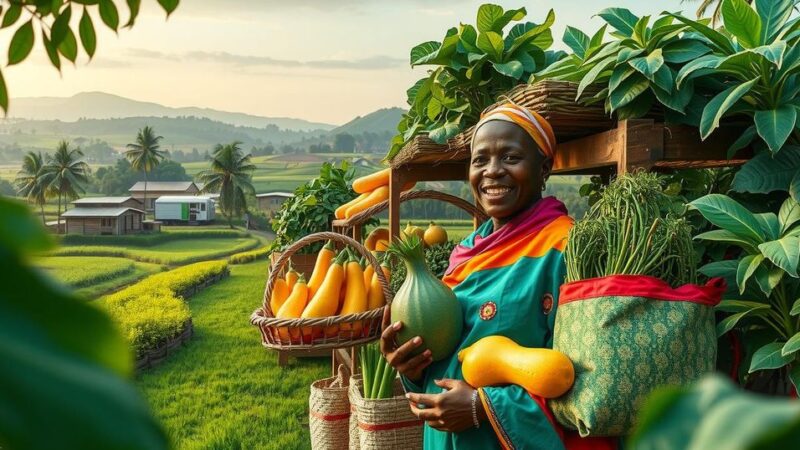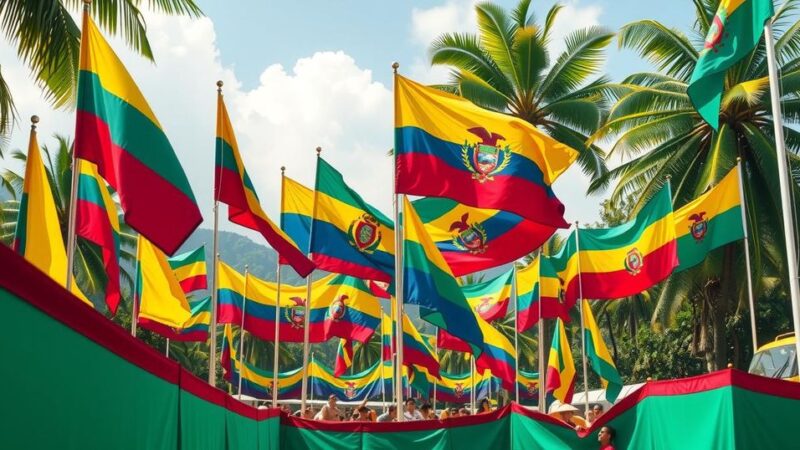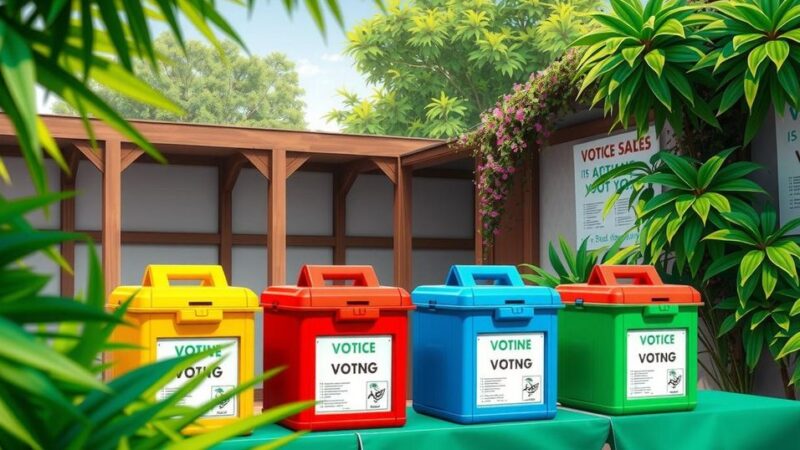Mozambique experienced a prolonged civil conflict primarily between Frelimo and Renamo, culminating in multiparty elections in 1994. Despite significant reforms and the establishment of a peaceful political framework, ongoing tensions have persisted, driven by socio-economic disparities and allegations of electoral fraud. The political landscape remains volatile, with the loss of support for Renamo and widespread dissatisfaction among the population exacerbating the challenges facing the Frelimo-led government.
The civil conflict in Mozambique, primarily involving the ruling Frelimo party and the opposition Renamo party, lasted until the mid-1990s, culminating in historic multiparty elections in 1994. The gradual shift from a socialist state to a multiparty democracy involved significant concessions from Frelimo, including economic reforms influenced by international financial institutions. Over the years, Frelimo maintained power, although faced ongoing challenges from Renamo, economic disparities, and a resurgence of violence. A tenuous peace was negotiated after the imposition of a unilateral truce by Renamo in 2016 and the subsequent death of its leader Afonso Dhlakama in 2018. Despite agreements promoting reconciliation, elections in 2019 and 2024 were marred by violence, irregularities, and allegations of fraud, further fueling political tensions. Mozambique’s economic progress, notably stymied by natural disasters and government debt, contends with high poverty levels that persist for the majority of its population. In the face of ongoing instability, public dissatisfaction is likely to continue impacting the political landscape.
Mozambique’s transition from a civil war-torn nation to a multiparty democracy required significant reforms and compromise from both the government and opposition. Following independence from Portuguese colonial rule in 1975, the nation faced a devastating civil war that persisted throughout the 1980s and early 1990s. The end of active conflict allowed for elections in 1994, leading to a revitalization of Mozambique’s political landscape. However, ongoing socio-economic disparities and the maintenance of power by the Frelimo party set the stage for persistent conflicts with Renamo, leading to accusations of electoral fraud and fears of political marginalization. The nation also faced natural disasters and economic challenges, which exacerbated public discontent and political tensions, culminating in the hotly contested elections of 2019 and 2024.
The examination of Mozambique’s political dynamics portrays a nation grappling with the aftermath of civil conflict, economic challenges, and political tension. While the establishment of multiparty elections marks progress, issues of electoral integrity and socio-economic inequality continue to threaten stability. The evolving relationship between Frelimo and Renamo, compounded by accusations of fraud and violence during elections, showcases ongoing challenges in Mozambique’s pursuit of peace, democracy, and economic prosperity. The upcoming elections and the resultant political landscape may be significantly influenced by the complex interplay of these factors.
Original Source: www.britannica.com






